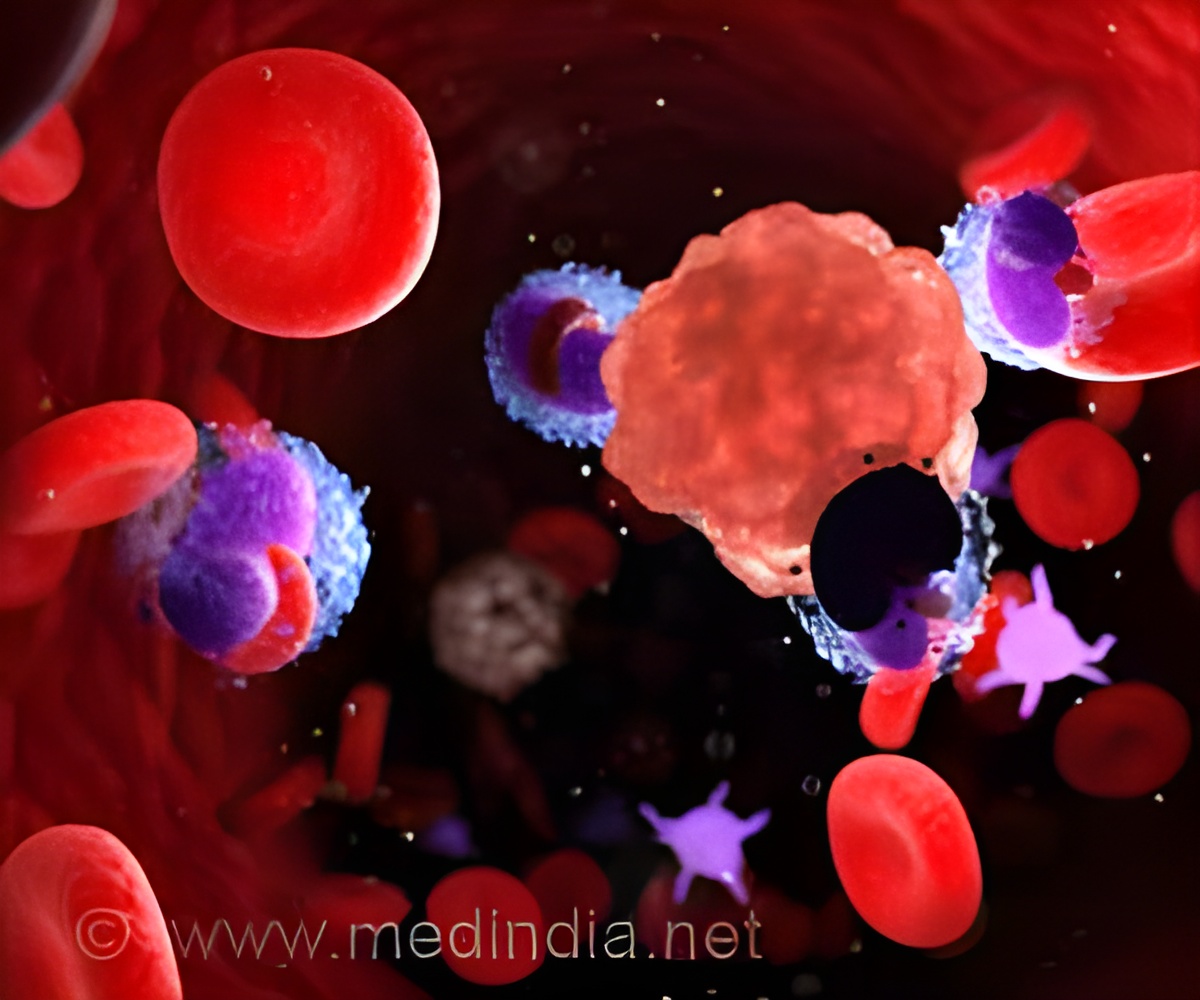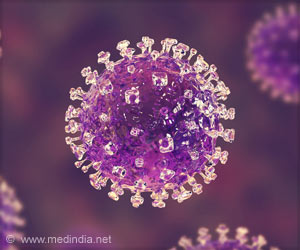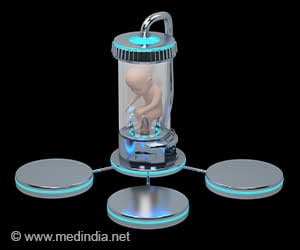
‘Unraveling molecular secrets hidden in premature aging diseases and cancer using artificial intelligence paves the way for personalized medicines in the future.’
Tweet it Now
Discovery of the biomarkers associated with treatment response is urgently needed, researchers note, to optimize a patient’s selection criteria for clinical trials, reach efficacy endpoints, and improve already existing therapies.Finding Molecular Secrets Hidden in Premature Aging Diseases and Cancer Using AI
To find these biomarkers, the team of scientists investigated gene expression datasets derived from DNA repair diseases with increased cancer risk to find commonly dysregulated genes potentially involved in cancer progression.With the most significantly perturbed genes serving as biomarkers, researchers performed survival analysis across 33 cancer types and selected those that showed high confidence stratification among cancer patients.
The latter is particularly important for subsequent target discovery since patients with unfavorable clinical outcomes would benefit the most from more tailored therapies. Insilico Medicine’s AI-driven PandaOmics platform was used to perform a comprehensive differential gene expression analysis, survival stratification, and target discovery.
Researchers discovered 10 significantly perturbed genes with a similar expression pattern among the selected DNA repair deficient disorders. Importantly, the majority of the disclosed genes were further shown to stratify at least three cancer types based on the survival analysis.
The researchers focused on the most downregulated gene, CEP135, which possesses a crucial function in centrosome biogenesis and cell division and correlates with the severity of survival in sarcoma patients.
Advertisement
Researchers noted that the findings are not limited to the particular gene or cancer type in the study, but also feature the advantages of high-confidence AI application for omics analysis broadly applicable to the cancer research community, as it provides a panel of genes and survival data for biomarker and target discovery across multiple cancer types.
Advertisement
Source-Eurekalert















